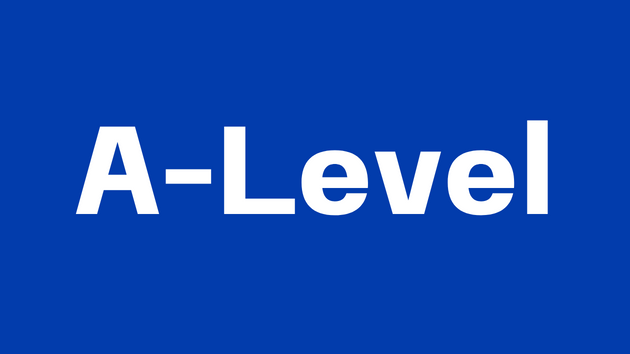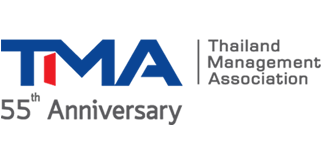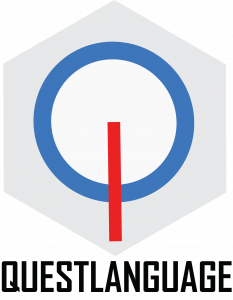A-Level
Advanced Level (A-Level) is a curriculum for students in their final years of high school in England and is typically studied and examined during Year 12-13 or ages 16-19. Studying the GCE A-Level curriculum is similar to preparing for university. Students can choose to study a select few subjects, often in depth, to gain deeper knowledge in their chosen areas of study.
What is studying A-Level like?
Four learning formats for AP studies.

Private Class
Schedule an exclusive live class and invite friends to learn together.

Group Class
Live group classes to learn together and meet new friends at a scheduled time.

Live Online Class
Schedule private live classes with LearnSpace globally via the internet

LearnChat Class
Study with LearnChat+ anywhere via internet on smartphones, tablets, or computers.
A-Level
A-Level is a curriculum for students at the end of their high school studies in England and some international schools. The examination period is usually divided into two parts per year, which are May-June and October-November.

GCE A Level or General Certificate of Education (GCE) Advanced Level is a curriculum for students at the end of their high school studies in England and some international schools. The examination period is usually divided into two parts per year during May-June and October-November. Studying GCE A Level is like preparing for university. Students can choose to study a select few subjects often in-depth to gain deeper knowledge in their chosen areas of study. However, the GCE A Level curriculum is not limited to the UK as it is also widely used in other countries, including Thailand, particularly in international schools. The GCE A Level examination period is divided into two, with exams held twice a year in May-June and October-November.v
GCE A Level A Level
GCE A Level is divided into two parts: Advanced Subsidiary Level (AS Level) and Advanced Level. AS Level is typically studied during Year 12 and the exam is considered to be at a moderate difficulty level compared to the higher level exams. Students usually choose to study around 4 AS Level subjects, with the highest grade being an A and the lowest being an E. A passing grade in each subject will earn the student one credit. Completing and passing exams at the AS Level will only complete half of the GCE A Level curriculum.
Advanced Level (A Level) is typically studied during Year 13, and the exam content and difficulty level are much more challenging compared to the AS Level. Students that take the A Level curriculum will gain deeper knowledge in their chosen subjects. Typically, students choose to study only 3 A Level subjects, which are usually only those required for university entry. Grades for A Level coursework range from A* (the highest grade) down to E. A passing grade in each subject will earn the student two credits.
Once a student has successfully completed both AS Level and A Level coursework. They will have completed the GCE A Level curriculum. However, students can also choose to only take the A Level coursework if they wish.
There is a difference in how grades are awarded between AS Level and A Level exams. The highest grade achievable in AS Level exams is an A. However, in A Level exams, it is possible to achieve an A* grade. In addition to receiving a grade, both AS Level and A Level exams are marked using the Percentage Uniform Mark (PUM) system, which indicates how well a student performed in a particular subject. It’s important not to overlook this aspect of grading as it is a significant factor when completing the GCE A Level curriculum and receiving final grades.
GCE A Level exams offer over 50 subject options, including English, languages other than English, mathematics, sciences, humanities, technology, social sciences, art and general education. However, for Thailand, the number of subject options may be less than 50, as some subjects may not be available for Thai students to take. Nonetheless, there are still a variety of subject categories available for students to choose from. Regarding exam locations, students need not worry as the testing center will provide detailed information after registration is complete. Generally, exams are held at the Wave Place Building and the British Council, but the location may depend on the subject selected.
Our
Community













